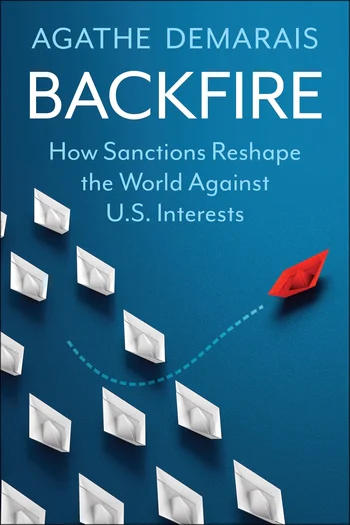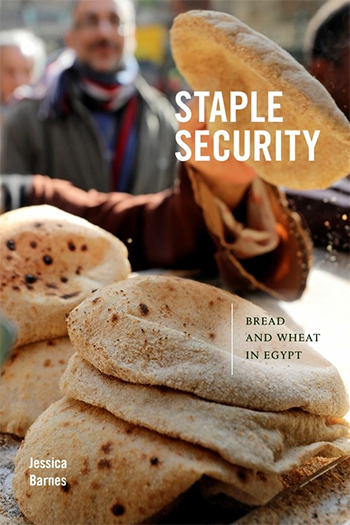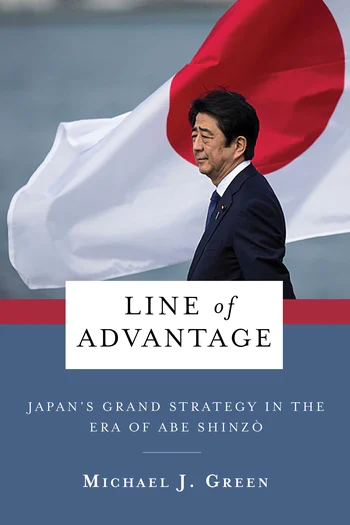
Agathe Demarais, Backfire: How Sanctions Reshape the World Against US Interests, New York: Columbia University Press, 2022, 304 pp.
Economic sanctions have become a very frequent tool in US foreign policy. Coercive measures such as trade tariffs, financial penalties and export controls affect a massive number of individuals, companies and governments across the world. Some of these sanctions target non-state actors like drug cartels and terrorist groups. Others focus on nation-states like North Korea, Iran, and Russia. Washington sees sanctions as a low-cost tool, even if they often fail at their stated goals and produce collateral effects that run counter to US interests.
Agathe Demarais, who leads the Economist Intelligence Unit, a former advisor to the French Treasury, explores the effects of sanctions on multinational companies, governments, and citizens, based on interviews with specialists, decision-makers and consumers from sanctioned countries, also broaching ways to work around Us-imposed penalties. But that’s only a part of the story. Sanctions also change relationships among countries, bringing Us-opposed countries closer together, or pushing them into Russia and China’s arms. With examples ranging from commodity markets in Russia to COVID response in Iran and China’s cryptocurrency ambitions, Backfire sheds light on the transformations caused by sanction regimes on global geopolitics and economies. And it does the same for their operational and time limits, laid bare in the circumscription of effects that provoke changes in the states where they are enforced. Which means that, without an array of parallel political, military and diplomatic tools, sanctions are factually limited mechanisms and, in some cases, counterproductive.



